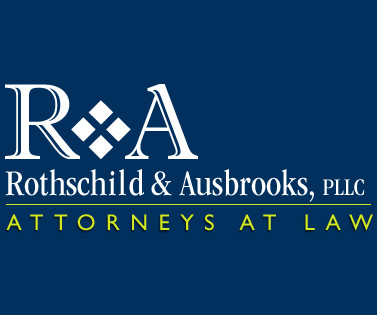Why Chapter 7 isn’t the best option for foreclosure concerns
Roths Child Law
MAY 13, 2024
When homeowners face the daunting prospect of foreclosure, understanding the defensive options available can potentially help them preserve their homes and financial stability. For example, two common types of bankruptcy , Chapter 7 and Chapter 13, offer different benefits and drawbacks in the context of foreclosure.

















Let's personalize your content